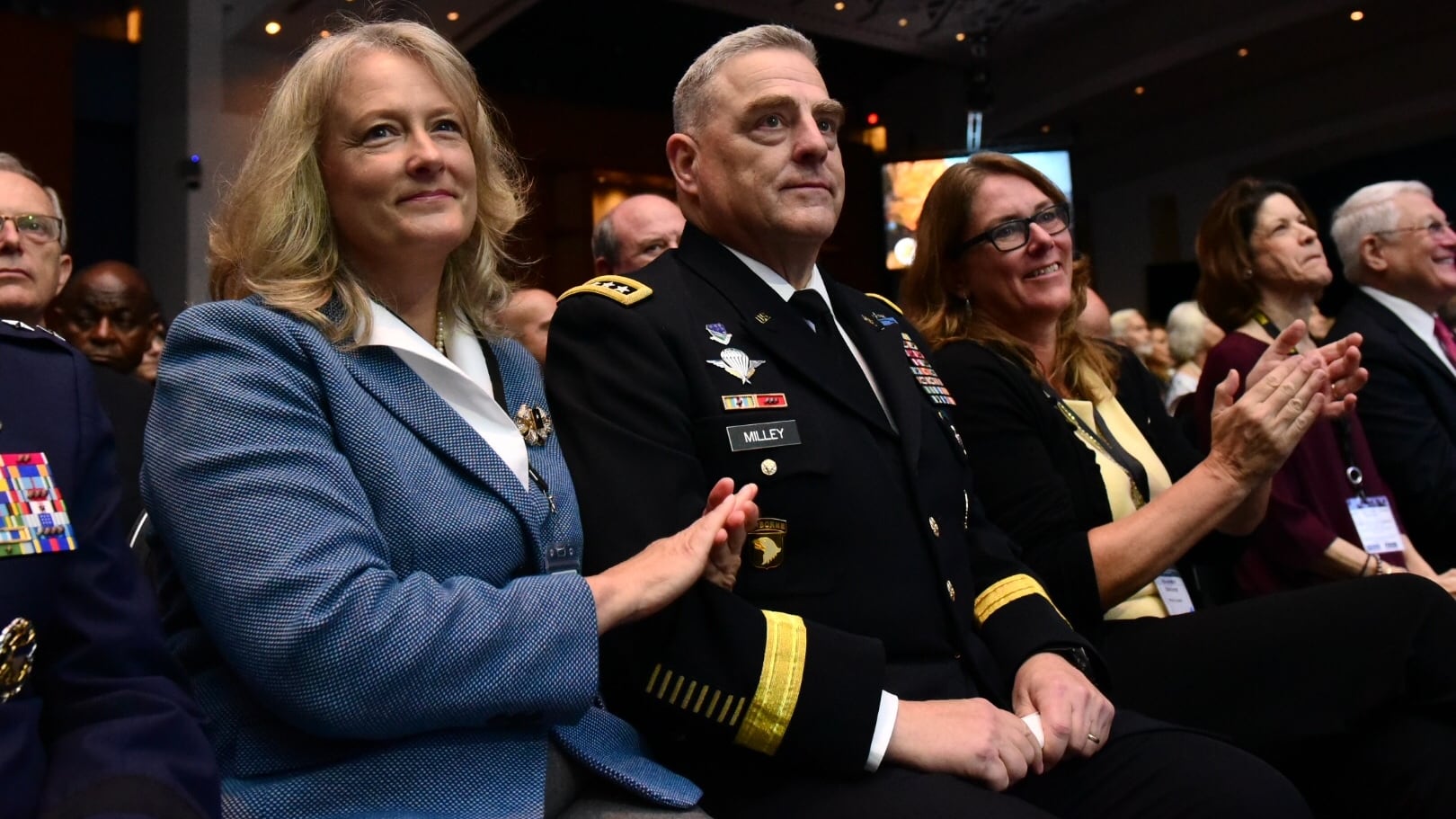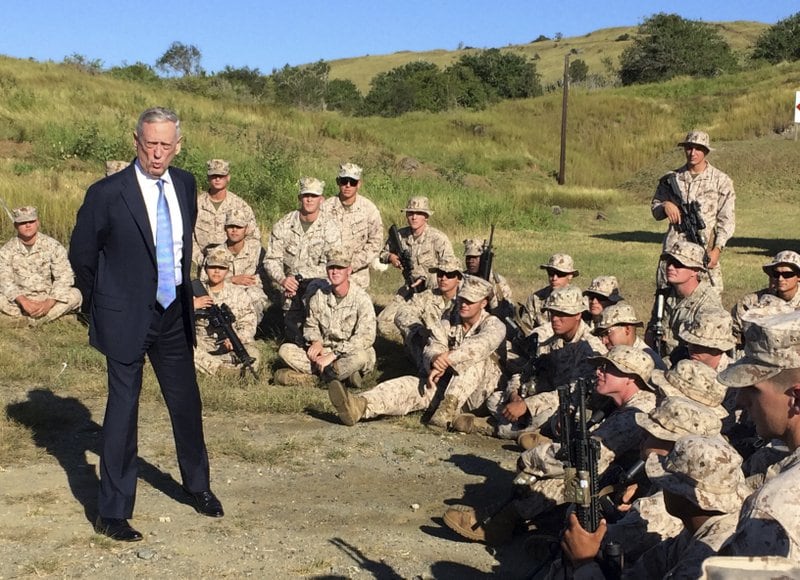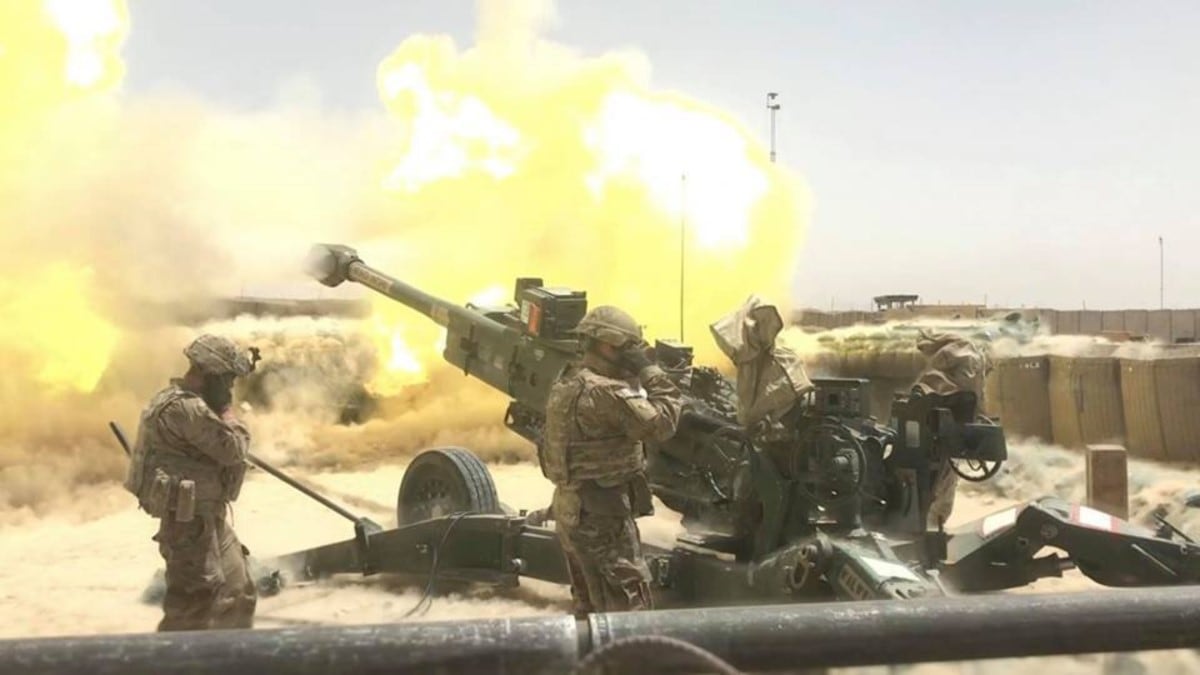On Oct. 7, 2001, detachments of Army Special Forces soldiers dropped into Afghanistan to launch the first counterattack against terrorist forces following 9/11.
Two days after Operation Enduring Freedom’s anniversary, Army Chief of Staff Mark Milley brought attention to the ongoing conflict in a speech Tuesday at the AUSA annual meeting in Washington.
“Amid all the headline news, it seems like we hardly notice we are still a nation at war in some places, and in others we are preventing war,” Milley said. “Seventeen years later, we have suffered about 58,000 killed and wounded, most of them Army soldiers, in a war that continues."

There are still 180,000 soldiers deployed in 140 countries, and as the Army prepares to make a shift from counterinsurgency options to more conventional wars, the number shows no sign of coming down.
“We give meaning to their sacrifice if we ensure those who follow in their footsteps are prepared for the challenges again,” he said.
In his fourth and final year at the Army’s top officer, Milley has been taking stock of the Army’s progress and looking ahead.
"America’s Army is on the mend after nearly two continuous decades of operations,” he said, with steady funding, an end strength push that could get units to 105 percent manning levels by 2023 and a new modernization command that will upgrade weapons, vehicles and equipment from nearly top to bottom.
Despite what some have thought, he said, future wars won’t be short or easily fought by air power from long distances.
“The faint clouds of a coming storm are visible on the horizon,” he said, with Russia and China bolstering their militaries and looking to expand their economic influence.
RELATED

Defense Secretary Jim Mattis wrote in the National Defense Strategy released earlier this year, “It would be catastrophic, on their part, to take us on,” Milley said, and they do better to work through diplomatic solutions.
But in the meantime, the Army is putting everything behind getting ready.
“The only thing more expensive than preventing a war is actually fighting a war,” Milley said. “And the only thing more expensive than fighting a war is losing a war.”
Meghann Myers is the Pentagon bureau chief at Military Times. She covers operations, policy, personnel, leadership and other issues affecting service members.




